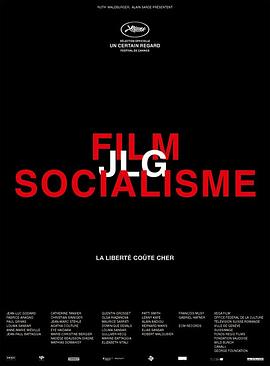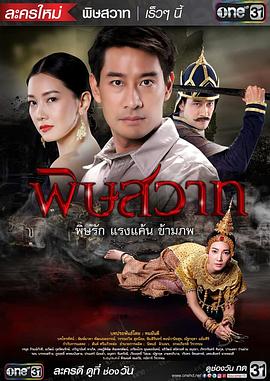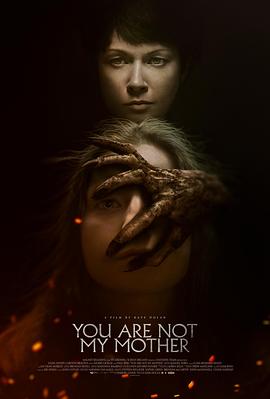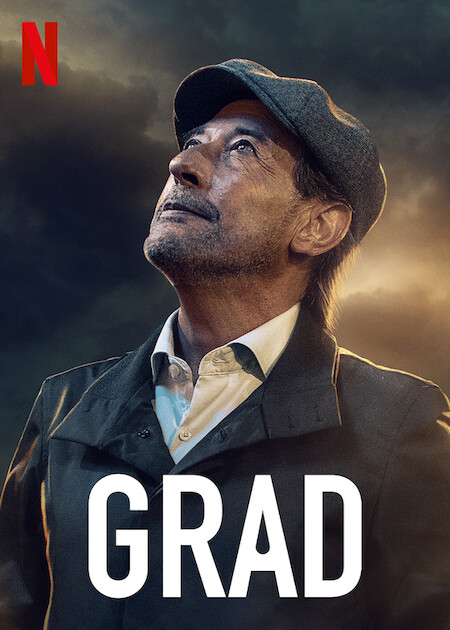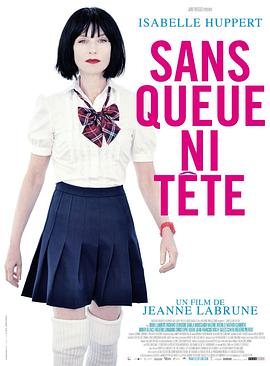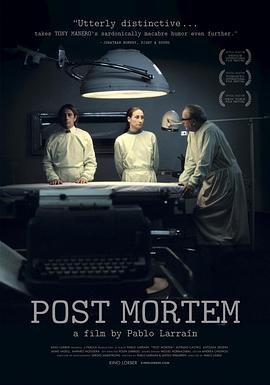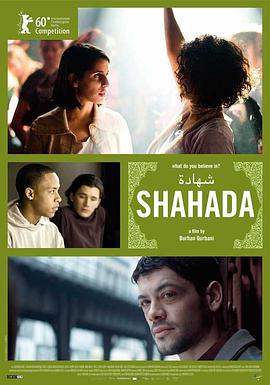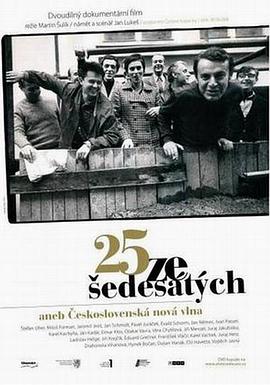-
备注:已完结
类型:剧情片
主演:Catherine Tanvier Christian Sinnige
导演:让-吕克·戈达尔
语言:法语
年代:未知
简介:这部影片被形容为一部“三个乐章的交响乐”,片中集合了几位有着不同国家、种族背景的角色。影片的故事发生在一艘地中海豪华邮轮上,游轮行经六处著名的欧洲神话故事遗址,其中包括埃及、巴勒斯坦、希腊、敖德萨、那不勒斯、巴塞罗那。来自世界各地不同文化背景、说着不同语言的乘客在这里相遇。主要角色包括一位来自莫斯科警察局的探长,一名出身背景不详、由孙女陪同的老战犯,一名上了年纪的法国警察,一位巴勒斯坦大使,一位前联合国女官员,一名间谍,以及法国哲学家阿兰·巴丢和美国“朋克教母”帕蒂·史密斯。
-
备注:已完结
类型:恐怖片
主演:纳瓦·君拉纳拉 Nawat Kulrattanarak 沃拉娜特·旺萨
导演:桑特斯里卡瓦夫
语言:其它
年代:未知
简介:因为爱情与责任而备受煎熬的幽灵。她的责任就是守护大城王国的宝藏,直到它走到尽头。跨越世纪的恩怨纠葛,跨越世纪的疑惑,究竟为何她的爱人会对她做出如此可怕的事情。她从不知道缘由。唯一能让她的灵魂得以解脱,不再履行永远守护宝藏职责的方法就是找到一个替身。Ubol,或者在现在这个时代应该称她为Saroshinee, 对别人都不屑一顾,只有他,Ukkanee, 这个她爱到胜过自己生命的男人。爱情就是爱情。纯真的情感期待同样的回应,但是她得到的却是无尽的折磨。她苦苦寻找着正确的论断。 最后,Boy终于决定把Thomyunthee的小说“Pidsawad”搬上电视银幕。 Pong Nawat饰演Ukkanee,他的前世是一位将军, 而今生,他轮回为一位考古学家。然而,他却和他的前世丝丝相连,因此他试图找出自己的真实身份。 而女主角由Bee Namthip饰演。 她名叫Ubol, 一个全心全意爱着Ukkanee的女人。之后变成了守护国家宝藏的鬼魂,并试图找到自己的替身。 转自泰剧吧
-
备注:已完结
类型:喜剧片
主演:伊莎贝尔·于佩尔 Richard Debuisne Sabila Mo
导演:让娜·拉布吕纳
语言:法语
年代:未知
简介: 爱丽丝(伊莎贝尔·于佩尔 Isabelle Huppert 饰)是一名性工作者,奔放的个性和优越的外表让她成为了客人中的头牌,她自己也很享受这种放荡不羁的生活。然而,任何的日子过久了都会令人感到乏味,渐渐的,爱丽丝不再热爱自己的事业了,内心麻木而又空洞的她决定向心理咨询师寻求帮助。 爱丽丝预约的是一位名叫萨米耶(伯利·兰内尔 Bouli Lanners 饰)的心理医生,谁知道,萨米耶也正在为自己的职业而感到烦恼,他发现自己再也无法忍受他的患者们的那些滔滔不绝的乏味故事了。在这个节骨眼上,爱丽丝出现了,两人的身份神奇的发生了逆转,爱丽丝开始用自己特殊的方法,替萨米耶治疗他的职业病。
-
备注:已完结
类型:纪录片
主演:斯特凡·乌赫尔 米洛斯·福尔曼 Jaromil Jireš 帕维尔·祖
导演:马丁·舒利克
语言:其它
年代:未知
简介: The 2-part feature-length documentary "25 ze šedesátých aneb Československá nová vlna" ("25 from the Sixties, or Czechoslovak New Wave") presents a complex view of the phenomenon of Czech and Slovak New Wave in the cultural and social context of the 60's. 25 fundamental films commented on by their makers and film historians offer the viewer a dramatic insight into the golden era of Czechoslovak cinema. The documentary is a follow-up on the biographical TV series "Zlatá šedesátá" (Czech Television, 2009), based on the filmmakers' personal remembrances. As opposed to the series, the documentary presents the Czech and Slovak cinema of the 60's in the national, international and also inter-generational context. It describes the ways the New Wave crossed the existing artistic boundaries, how it variegated the world cinema and where it left an ineffaceable impression. It analyses the work of filmmakers in a state-funded cinema, under the pressure of ideological demands on one hand and commerce on the other. It presents the dilemma of a man - an artist - on the edge between contradictory social systems and incongruous aesthetic requirements. The existential drama of a man acting freely and at the same time mercilessly crushed by the wheels of the system. The 60's are, from this point of view, mostly an era of fortunate historical constellation, not only in - at that time - Czechoslovakia, but on a world-wide scale. An era of expectations and upswing, but also an era of exemplary human decisions and artistic pursuit. Those are some of the things "25 ze šedesátých aneb Československá nová vlna" wants to commemorate. Part 1 comments on: ■"Slnko v sieti" ("The Sun in a Net," 1962) by Štefan Uher ■"Konkurs" ("Audition," 1963) by Miloš Forman ■"Křik" ("The Cry," 1963) by Jaromil Jireš ■"Postava k podpírání" ("Joseph Kilian," 1963) by Pavel Juráček & Jan Schmidt ■"Každý den odvahu" ("Courage for Every Day," 1964) by Evald Schorm ■"Démanty noci" ("Diamonds of the Night," 1964) by Jan Němec ■"Intimní osvětlení" ("Intimate Lighting," 1966) by Ivan Passer ■"Ať žije republika" ("Long Live the Republic," 1965) by Karel Kachyňa ■"Obchod na korze" ("The Shop on Main Street," 1965) by Ján Kadár & Elmar Klos ■"Romance pro křídlovku" ("Romance for Bugle," 1966) by Otakar Vávra ■"Sedmikrásky" ("Daisies," 1966) by Věra Chytilová ■"Ostře sledované vlaky" ("Closely Watched Trains," 1966) by Jiří Menzel Part 2 comments on: ■"Kristove roky" ("The Prime of Life," 1967) by Juraj Jakubisko ■"Stud" ("Shame," 1967) by Ladislav Helge ■"Svatba jako řemen" ("A Hard and Fast Marriage," 1967) by Jiří Krejčík ■"Drak sa vracia" ("Dragon's Return," 1967) by Eduard Grečner ■"Marketa Lazarová" ("Marketa Lazarová," 1967) by František Vláčil ■"Spřízněni volbou" ("Elective Affinities," 1968) by Karel Vachek ■"Spalovač mrtvol" ("The Cremator," 1968) by Juraj Herz ■"Zabitá neděle" ("Squandered Sunday," 1969) by Drahomíra Vihanová ■"Pasťák" ("The Decoy," 1968) by Hynek Bočan ■"Případ pro začínajícího kata" ("Case for a Rookie Hangman," 1969) by Pavel Juráček ■"322" ("322," 1969) by Dušan Hanák ■"Slávnosť v botanickej záhrade" ("Celebration in the Botanical Garden," 1969) by Elo Havetta ■"Všichni dobří rodáci" ("All My Good Countrymen," 1968) by Vojtěch Jasný
